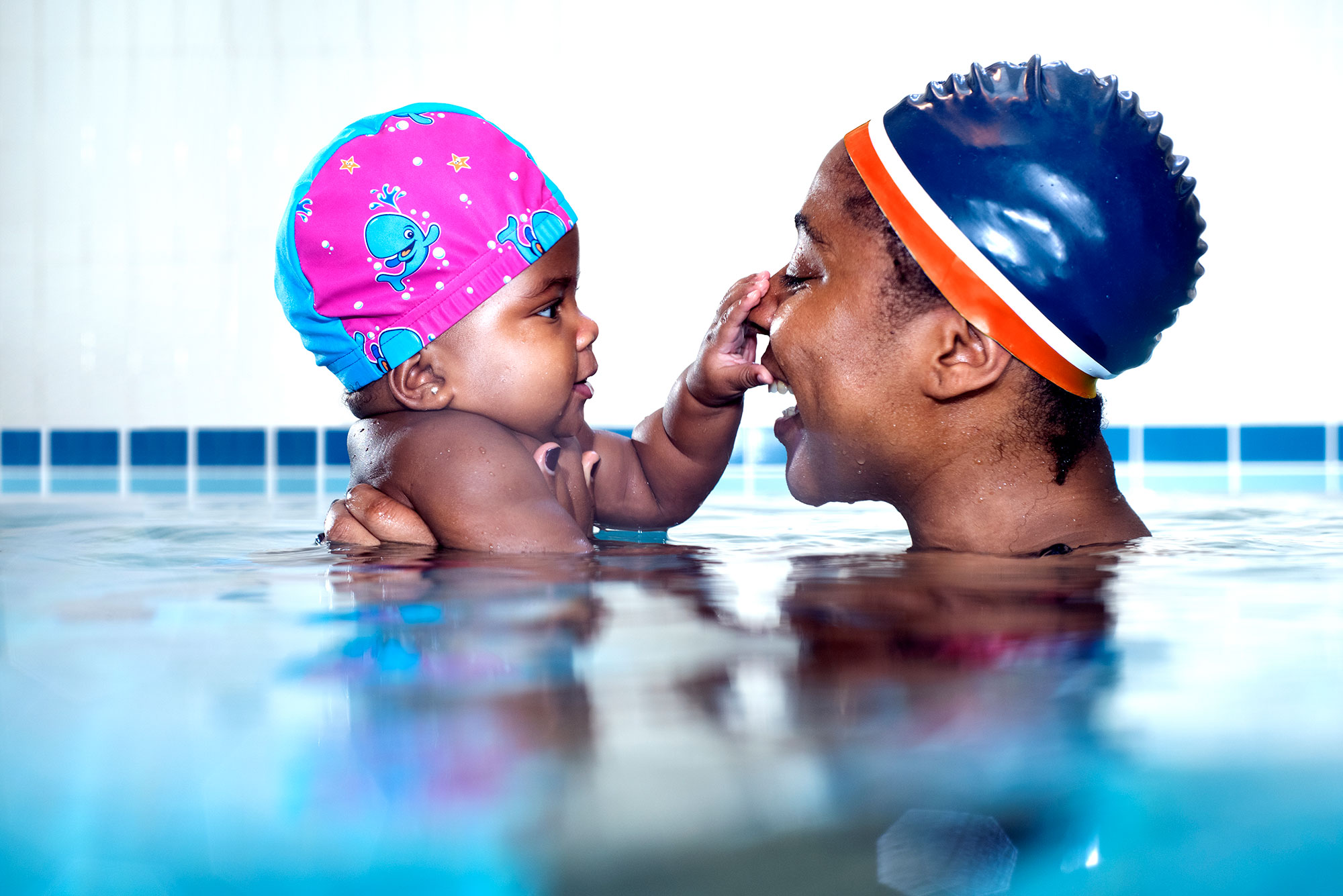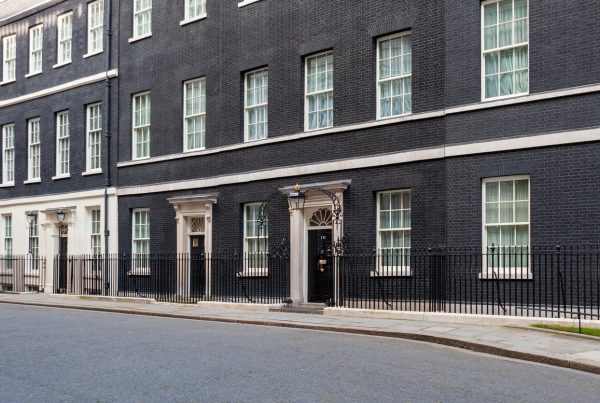In this blog from ukactive Strategic Partner, Water Babies, Hannah Smith – the organisation’s Director of Aquatics – explains the importance of baby and toddler swimming and how they can be introduced to the water.
From teaching water safety skills to boosting their confidence in and out of the water, taking your little one swimming as early as possible can help children in the early years with their emotional, cognitive, and physical development as they grow.
Why is it important for babies to swim?
According to the World Health Organisation, drowning is sadly the third leading cause of unintentional injury death worldwide, which means around 372,000 people die from drowning around the world every hour.
But studies have shown that formal swimming lessons reduce the risk of drowning in children aged one to four years by 88%. The Griffith University, which is based in Southeast Queensland, Australia, undertook a three-year study comparing a group of children who took part in swimming against those who didn’t. They found that by the time a child who had been through early years swimming went to school, they would be on average:
- Two months ahead of their peers in reading
- 11 months ahead in oral expression
- Six months ahead in mathematics reasoning
- 17 months ahead for story recall
- 20 months ahead for understanding directions
As 90% of the neurons in the brain are formed and connected by the time a child reaches five, the evidence reveals the importance and value of being physically active from as young an age as possible, helping the child to reach their physical, emotional, cognitive, and physiological developmental milestones as they grow.
Water provides a weightless environment as well, so babies can use more muscles and move freely, which helps to develop muscle tone and strength. This means baby swimming can support little ones who have disabilities, or who aren’t able to, or struggle to, be active and move in traditional dry-side activities. At Water Babies, our classes are completely inclusive, and our teachers support families whose children need extra special care within classes.
Studies have also shown that swimming results in increased lung volume, better breathing techniques, strong heart and lung functions, and improved general fitness in little ones who swim in the early years. Doing regular exercise as a child can lead to a lifetime of activity, which will only improve their health throughout their life. Babies who swim regularly also have improved appetites and sleeping patterns after swimming – which is a win-win for everyone!
When can babies go swimming for the first time?
The NHS guidelines in the UK state, ‘You can take your baby swimming at any age, both before and after they have been vaccinated. It does not matter if they have not yet completed their course of vaccinations.’
We encourage parents to bring their little one swimming as soon as they feel comfortable to do so. It’s never too early or too late to start swimming.
Learning key safety skills
There’s nothing more important than knowing that your little one has the ability to keep themselves safe. That’s why safety skills are at the heart of all we do and it forms a key part of every lesson.
In 2022 we collaborated with The Good Play Guide on a 12-month research project into baby and toddler swimming, with the headline stats already revealing that water safety and water confidence are the priorities for parents and guardians when it comes to their baby’s swimming journey. Right from day one, parents, guardians and babies will learn how to enter and exit the pool safely and together will learn techniques that one day could save a life.
Throughout their lessons, babies will develop the strength to hold on to the side of the pool and move across the wall. And when they grow into toddlers, this skill will progress as they become more keen to jump in, so we teach them how to do this safely.
The end goal will be for the child to able to independently swim to the side and climb out to safety, wherever they are.
Bonding
Baby swimming provides focused time in the water, which helps to strengthen the bond between the parent or guardian and their baby, through holding them close and skin-to-skin contact in the comforting warmth of the water.
Your baby can smell you, feel your heartbeat, hear your breathing, which all helps calm and relax them (and you). This stimulation all reminds them of the security and safety of the womb. The warmth of the water is the perfect place to connect with your baby, away from the bustle of daily life. And, it’s also a place for you to have fun too.
To learn more about Water Babies, click here.
Water Babies is a member of the ukactive Strategic Partner Group – find out more here.
Disclaimer: Any views or opinions expressed are solely those of the author and do not necessarily represent those of ukactive.

More People More Active More Often




